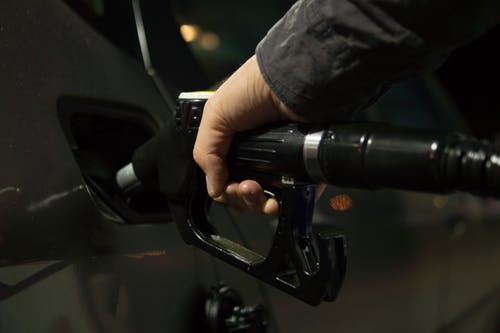Like any other business, a gas station can generate profit if it is well-run and in a good location. However, it can be labor-intensive. Also, your profit will depend on factors, such as fuel price, road construction, and more, which are things you cannot control.
If you’ve been thinking of investing in one, here are a few things you need to know first.
Business Nature
From a financial point of view, gas is not the primary means to profit in most stations. That is unless your gasoline station is located in an area that allows you to charge fuel at a high price. Otherwise, several stations earn money through additional services (e.g., car wash) or convenience stores.
Studying the Numbers
The operations of a gas station are valued parallel to sales. Moreover, when dealing with sales, it is crucial to divide them by category. Items such as lottery tickets and gasoline generate considerable sales yet little returns, while other products contrast. Furthermore, it is difficult to analyze a station’s performance because of the many transactions that can cause inaccuracies in financial records.
Risks Involved
Investing in a gas station comes with real risks. Most stations depend on traffic, and any pattern changes in vehicular traffic can negatively affect overall performance. Therefore, it is crucial to know and stay informed about upcoming road constructions. Additionally, stations get exposed to ecological risks.
Though double-walled tanks help manage environmental issues, it is crucial to know what you are purchasing. Lastly, gas stations are complex businesses that demand hands-on investment. If you cannot handle your investment actively, there is a high chance of losing all or over fifty percent of your investment.
Why Shouldn’t You Buy a Gas Station?
According to the National Association of Convenience Stores, in 2017, 59 percent of gasoline stations in America were single-owner-operated. That means the owner owns a store that they usually attend. It is not a business but a job. Most owners are not working to make gains or profit but are working out of need. Also, note that even significant companies sold
off most or all of their station holdings. For that reason, as a beginner, do you believe you have acquired enough knowledge compared to businesses hired by these oil companies?
The number of single-owned stores and big oil coming out of gasoline stations is warning signs. Note that most of these business owners earn a living based on small margins. So, with all that said, below are five reasons why you should not buy a gas station:
1. Dependent on Circumstances
Gas stations are under the mercy of possible road constructions or constructions that may block consumers from getting to the gas station. Some wise yet unethical sellers will not tell you that there is an upcoming construction near the station’s location, making it inaccessible to customers. Therefore, always check and keep yourself informed before purchasing or even selling a gas station.
2. Low-Profit Margin
Here is an example by the Orange County Register: From the 50 dollars profit of the pump, 30.5 dollars is for the oil corporation, 7 dollars to refineries, 6 dollars for taxes, 4 dollars for delivery, 1.25 dollars to process and transact fees. Therefore, what is left for you is only one dollar. However, that amount can change from time to time and lower. Most gas station owners recommend a mean of 1 to three cents net for every gallon.
Nevertheless, if you talk to station owners, they will tell you that gas is their way to attract people to their location. Most of them gain profit from snack foods, coffee, soft drinks, or cigarettes. Today, a big issue is that more people only pay for the pump without buying anything from the convenience store, making the business less profitable.
3. Dangerous
Most gas stations are found in less desirable places while staying open 24/7. The reality is that most stations are visited by different people early in the morning or late in the evening. If you watch videos online, you know that scary things occur in gas stations and convenience stores. That crazy stuff may also happen to you. Do you want to deal with things as such?
Ask the seller whether they had experienced troubling issues, such as when they needed to call 911 or not. Moreover, do research on the location and see statistics on crime reports. Note that there are more than 7000 robberies per year at stations while there are about 15,000 at stores, which is very different from other businesses.
4. Franchising
In business, there are several times when a franchising model is ideal. However, franchising a gas station is not. The reality is that you are dependent on purchasing gas from only one
company at a fixed rate. As a result, you cannot shop at lower pricing, and you get stuck with their promotion when they decide. Moreover, you have to pay for franchise fees and royalties, not to mention your low-profit margin. Therefore, profiting from the business can be challenging.
5. Environmental Problems
Environmental issues can be a common problem at gas stations. If your tanks leak, you should know that cleaning them up can cost you a lot of money. Most careless buyers find themselves linked to huge bills. Remember that carelessness in investing and only looking at the superficial can cost you your hard-earned money.
Conclusion
Though you can still gain profit by having a convenience store or gas station, you must research and plan carefully before deciding to have one. Looking at an actual station or store, you may think that the business is easy to handle, but you have to stay in check with reality. You may have to deal with maintenance, different kinds of people, road construction, environmental issues, robbers, and more. Note that every business has its advantages and disadvantages, so weigh them before deciding.
